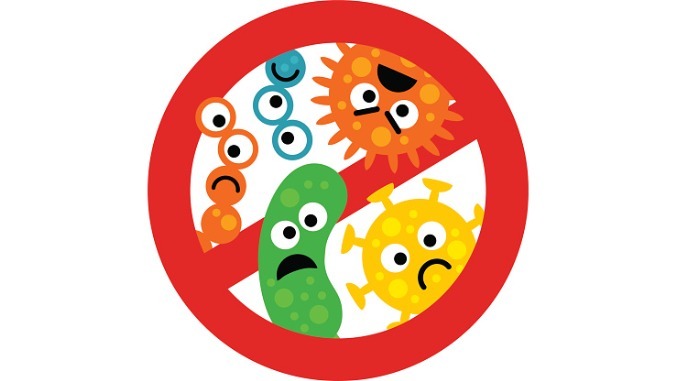
Antimicrobial resistance (AMR) stands as one of the most pressing challenges facing modern medicine. While antibiotics have long been heralded as life-saving marvels, their efficacy is now under threat from the relentless evolution of resistant bacteria
CREDIT: This is an edited version of an article that originally appeared on BMA
Since Alexander Fleming’s discovery of penicillin in 1928, antibiotics have revolutionised healthcare, allowing for the effective treatment of bacterial infections and drastically reducing mortality rates. However, over the decades, the widespread use and misuse of these drugs have led to the emergence of resistant strains of bacteria, rendering once-effective treatments ineffective.
Dr. David Farren, a consultant microbiologist, likens the battle against AMR to an arms race, warning that current strategies may not be sufficient to stem the tide. “This is an arms race between us and bacteria, and it’s an arms race that we’re not going to win,” he cautions. Despite efforts to develop new antibiotics, the rate of resistance continues to outpace the rate of drug development, leaving healthcare providers with dwindling options for treatment.
The consequences of AMR are far-reaching. Patients with resistant infections often require longer hospital stays, more intensive care, and face higher mortality rates. Moreover, the economic burden of treating drug-resistant infections is staggering, with estimates suggesting that the annual cost to the UK’s National Health Service (NHS) exceeds £180 million.
In response to the growing threat of AMR, governments and healthcare organisations have implemented measures to curb antibiotic overuse and promote antimicrobial stewardship. However, these efforts alone may not be sufficient to address the root causes of resistance.
One promising avenue for combating AMR is the development of alternative treatments, such as phage therapy. Phages are naturally occurring viruses that can target and kill specific bacteria without harming human cells. While phage therapy remains largely unexplored in the Western world, recent advancements have reignited interest in this age-old approach to infection control.
Despite these developments, challenges remain. Limited access to rapid diagnostic tools often results in the overprescription of antibiotics, exacerbating the problem of resistance. Moreover, the lack of regulatory frameworks for emerging treatments like phage therapy presents hurdles to widespread adoption.
As the world grapples with the complexities of AMR, there is a growing recognition of the need for a coordinated global response. Efforts to combat AMR must encompass not only the development of new treatments but also strategies to promote responsible antibiotic use, enhance infection control measures, and improve access to diagnostics.
Ultimately, the fight against AMR is a race against time. By investing in research, promoting innovation, and fostering international collaboration, we can hope to turn the tide against this silent pandemic and safeguard the future of modern medicine.


Be the first to comment